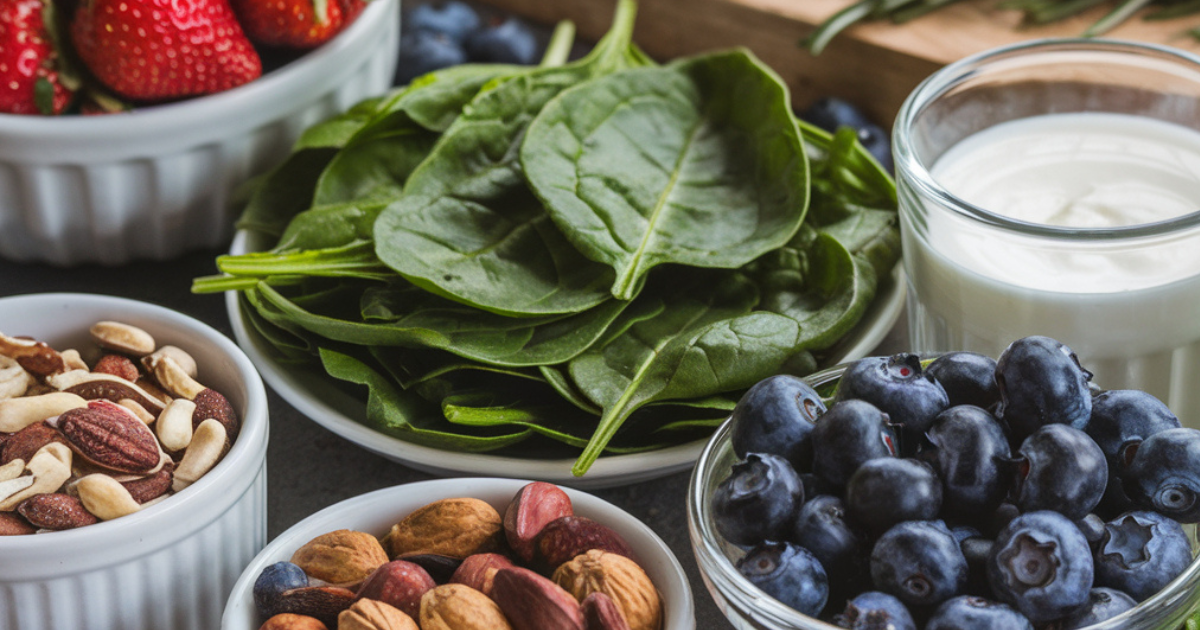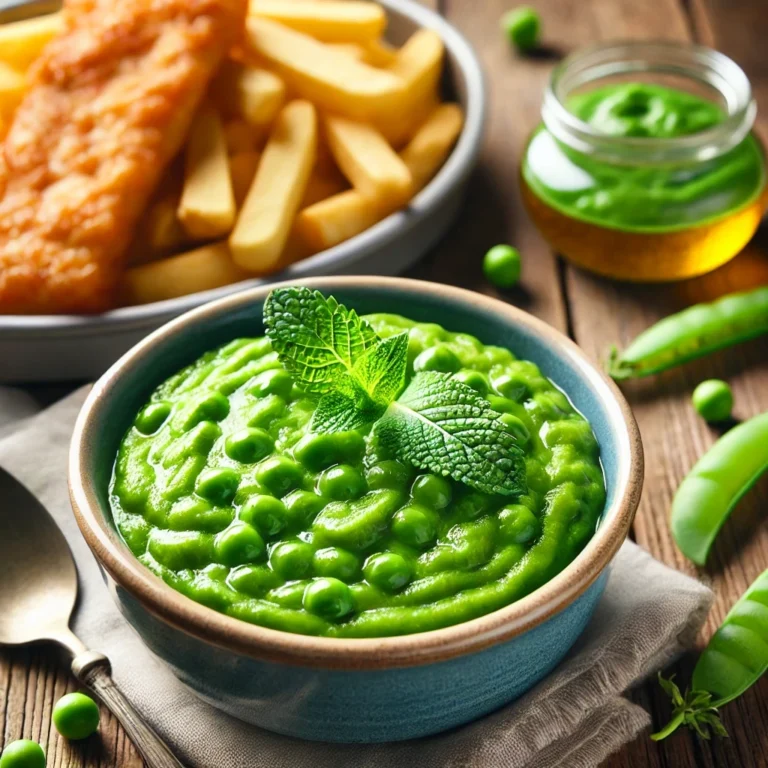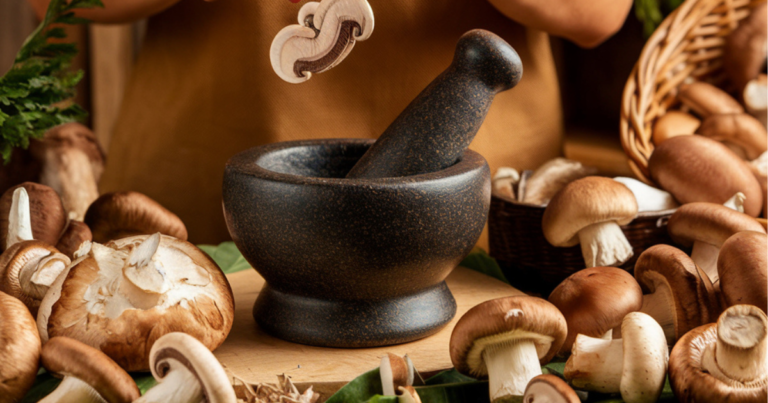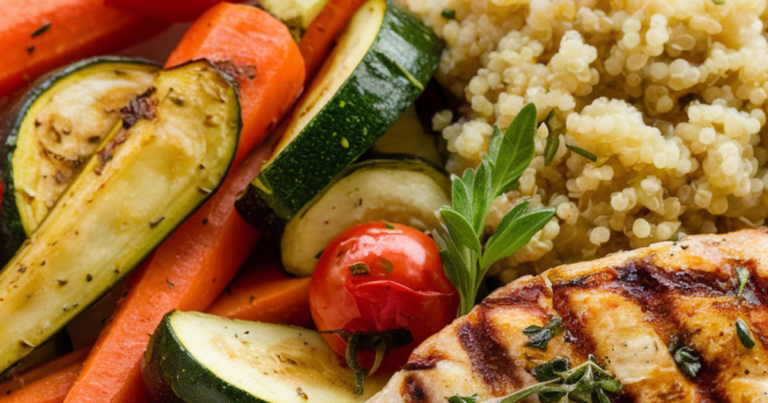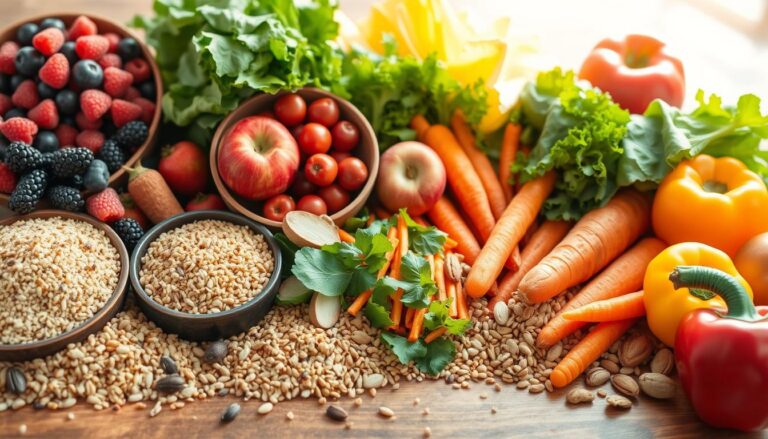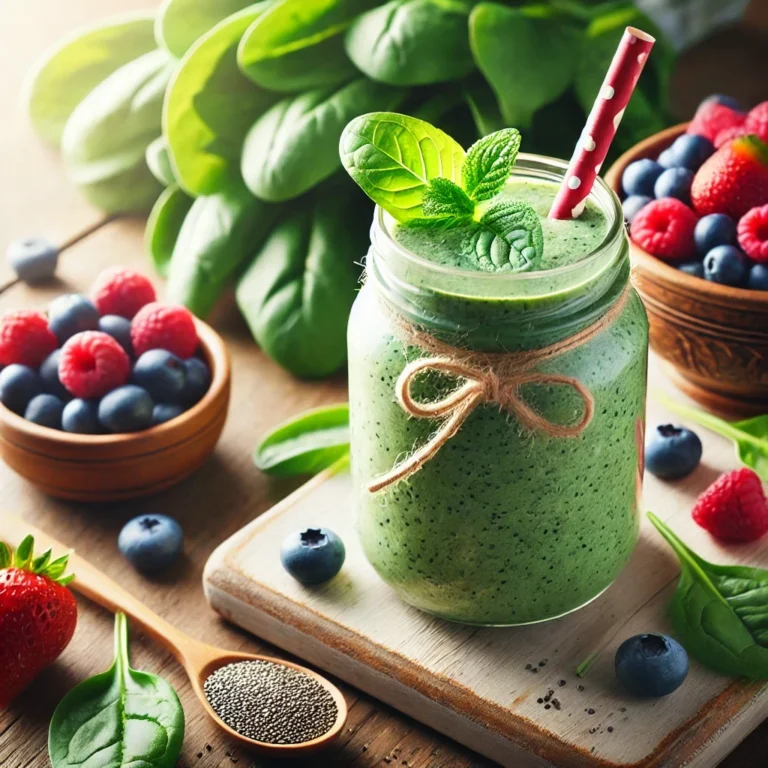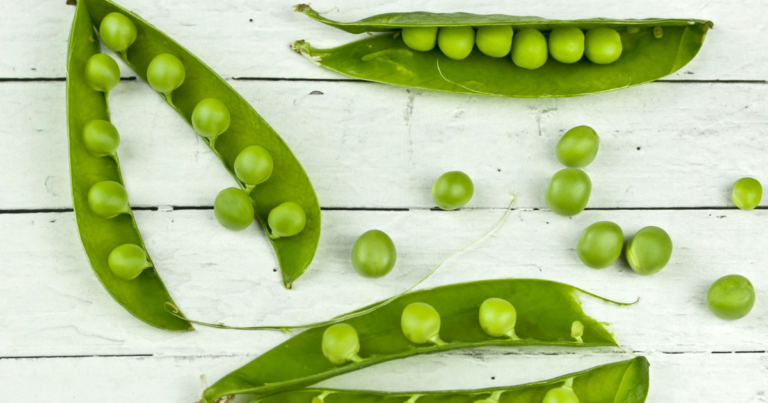The Ultimate Guide to Anti-Inflammatory Meal Plans
Anti-Inflammatory Meal Plans
In this guide, you’ll find effective anti-inflammatory meal plans. They help reduce chronic inflammation and boost your health. You’ll learn about foods that reduce inflammation and how to maintain an anti-inflammatory diet.
Whether you’re managing a health condition or just want to support your body, this guide is for you. It offers the knowledge and tools to make delicious, nourishing meals.

Understanding Inflammation and Its Impact
Inflammation is a natural defense of the body. It helps protect us from harm. It signals the need for healing, whether from injury, infection, or health issues. While acute inflammation is good, chronic inflammation can harm our health.
What is Inflammation?
Inflammation happens when the body reacts to threats like pathogens or damaged cells. The immune system sends white blood cells and proteins to fight the threat. This can cause redness, swelling, heat, and pain as the body heals.
Chronic Inflammation and Its Consequences
Chronic inflammation lasts for a long time. It can be caused by a bad diet, stress, lack of exercise, or health issues. It can lead to heart disease, diabetes, autoimmune disorders, and some types of cancer.
Using anti-inflammatory meal plans, plant-based diets, and adding omega-3 fatty acids can help. These steps can reduce inflammation and improve our health.
“Chronic inflammation is a silent killer, contributing to many of the most serious health conditions we face today. By understanding its causes and taking steps to reduce inflammation, we can dramatically improve our long-term health and well-being.”
The Power of Anti-Inflammatory Foods
Eating foods that fight inflammation can be a strong defense against chronic inflammation. These foods are full of nutrients and have compounds that lower body inflammation.
Foods rich in omega-3 fatty acids, like fatty fish, walnuts, and flaxseeds, are key. They have anti-inflammatory properties that fight inflammation’s harm.
Colorful fruits and veggies, especially the deep ones, are also great. Antioxidants like anthocyanins in berries and purple foods help fight oxidative stress and reduce inflammation.
| Anti-Inflammatory Superfoods | Key Nutrients | Health Benefits |
|---|---|---|
| Turmeric | Curcumin | Powerful anti-inflammatory and antioxidant effects |
| Ginger | Gingerol | Reduces inflammation and pain, boosts immune function |
| Leafy Greens | Vitamins A, C, and K, magnesium, and fiber | Packed with anti-inflammatory nutrients and antioxidants |
Adding these anti-inflammatory foods to your plant-based diets and meal plans can help lower inflammation. This supports your health and well-being.
Building an Anti-Inflammatory Meal Plan
Creating an anti-inflammatory meal plan means choosing foods that are good for you. These meals are not only healthy but also enjoyable to eat. Let’s look at what you need for a good meal plan and how to make meal prep easy, even when you’re busy.
Essential Ingredients for Anti-Inflammatory Meals
The base of an anti-inflammatory diet is whole, plant-based foods. These include:
- Leafy greens, such as spinach, kale, and arugula, which are rich in antioxidants and fiber
- Colorful fruits and vegetables, like berries, bell peppers, and turmeric, that boast anti-inflammatory properties
- Whole grains, including quinoa, brown rice, and oats, which provide complex carbohydrates and essential nutrients
- Healthy fats, such as those found in avocados, olive oil, and nuts, which support overall wellness
- Lean protein sources, including lean poultry, fish, and legumes, to aid muscle recovery and growth
Meal Prep Strategies for Busy Lifestyles
Adding anti-inflammatory meals to your diet can be easy with the right strategies. Here are some tips to make meal prep simple:
- Prepare large batches of versatile ingredients, like roasted vegetables or cooked grains, to use throughout the week
- Invest in reusable meal prep containers to store and transport your nutritious meals with ease
- Experiment with one-pot or sheet pan recipes that minimize cleanup and maximize efficiency
- Utilize a slow cooker or Instant Pot to create flavorful, hands-off dishes
- Enlist the help of family members or friends to share the meal prep workload
By using these strategies, you can keep an anti-inflammatory lifestyle even on your busiest days.

| Ingredient | Health Benefits | Best Uses |
|---|---|---|
| Leafy Greens | Rich in antioxidants, vitamins, and minerals | Salads, smoothies, stir-fries |
| Turmeric | Potent anti-inflammatory properties | Curries, roasted vegetables, teas |
| Fatty Fish | High in omega-3 fatty acids | Grilled, baked, or incorporated into dishes |
| Nuts and Seeds | Provide healthy fats and fiber | Snacks, toppings, nut butters |
Building an anti-inflammatory meal plan is a journey. Finding the right foods that you like and fit your lifestyle is important. With a bit of planning and creativity, you can enjoy delicious, healthy meals that are good for your body and mind.
Plant-Based Diets: A Natural Solution
Plant-based diets are a natural way to fight inflammation and boost health. They are full of antioxidants, anti-inflammatory compounds, and healthy fats like omega-3s. This makes them a great way to tackle chronic inflammation.
Benefits of Plant-Based Eating
Eating a variety of plant-based foods, like fruits, veggies, whole grains, nuts, and legumes, is very beneficial. These foods are packed with nutrients that help fight inflammation. They contain polyphenols, carotenoids, and other compounds that are good for you.
Also, plant-based diets have less saturated and trans fats, which can cause inflammation. By focusing on these foods, you can lower inflammation and get lots of vitamins, minerals, and fiber.
FAQ
What is the role of inflammation in the body?
Inflammation is a natural defense of the body against injury, infection, and illness. It’s good when it’s short and acute. But, chronic inflammation can cause health problems.
What are the potential consequences of chronic inflammation?
Chronic inflammation can lead to serious health issues. These include heart disease, diabetes, cancer, Alzheimer’s disease, and autoimmune disorders. It can damage tissues and organs, raising the risk of these diseases.
What types of foods help reduce inflammation?
Anti-inflammatory foods are packed with nutrients that fight inflammation. These include fruits, vegetables, whole grains, lean proteins, and healthy fats. Foods like berries, leafy greens, fatty fish, turmeric, and ginger are great examples.
How can I incorporate anti-inflammatory foods into my diet?
To create an anti-inflammatory diet, focus on whole, nutrient-rich foods. Add more fruits and veggies to your meals. Choose lean proteins and healthy fats like olive oil or avocado. Meal prepping can help keep you on track with these foods.
What are the benefits of a plant-based diet for reducing inflammation?
A plant-based diet is full of fruits, veggies, whole grains, legumes, nuts, and seeds. These foods are rich in antioxidants and anti-inflammatory compounds. They help fight chronic inflammation and support overall health. A plant-based diet can also help you maintain a healthy weight and improve gut health.

